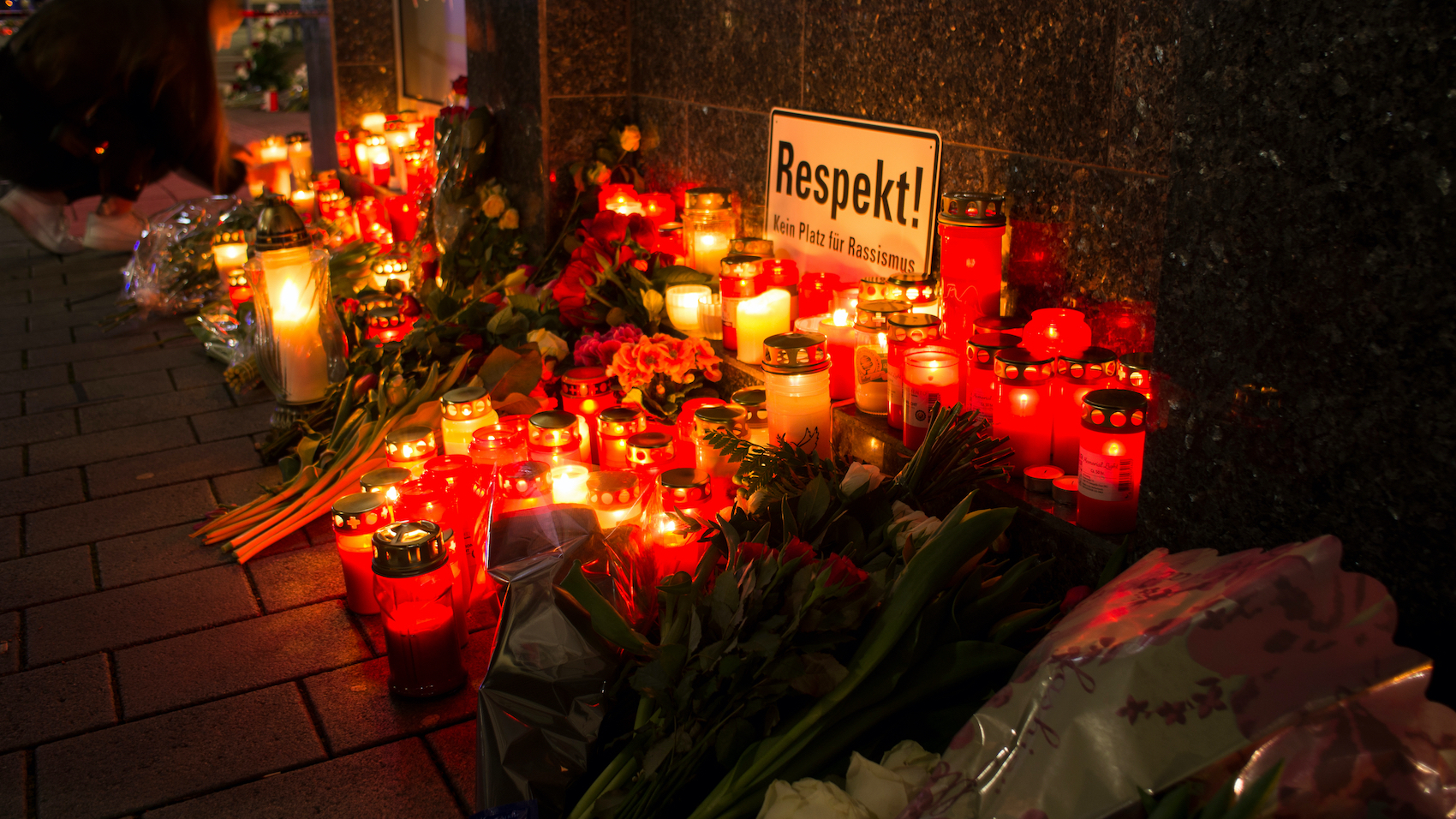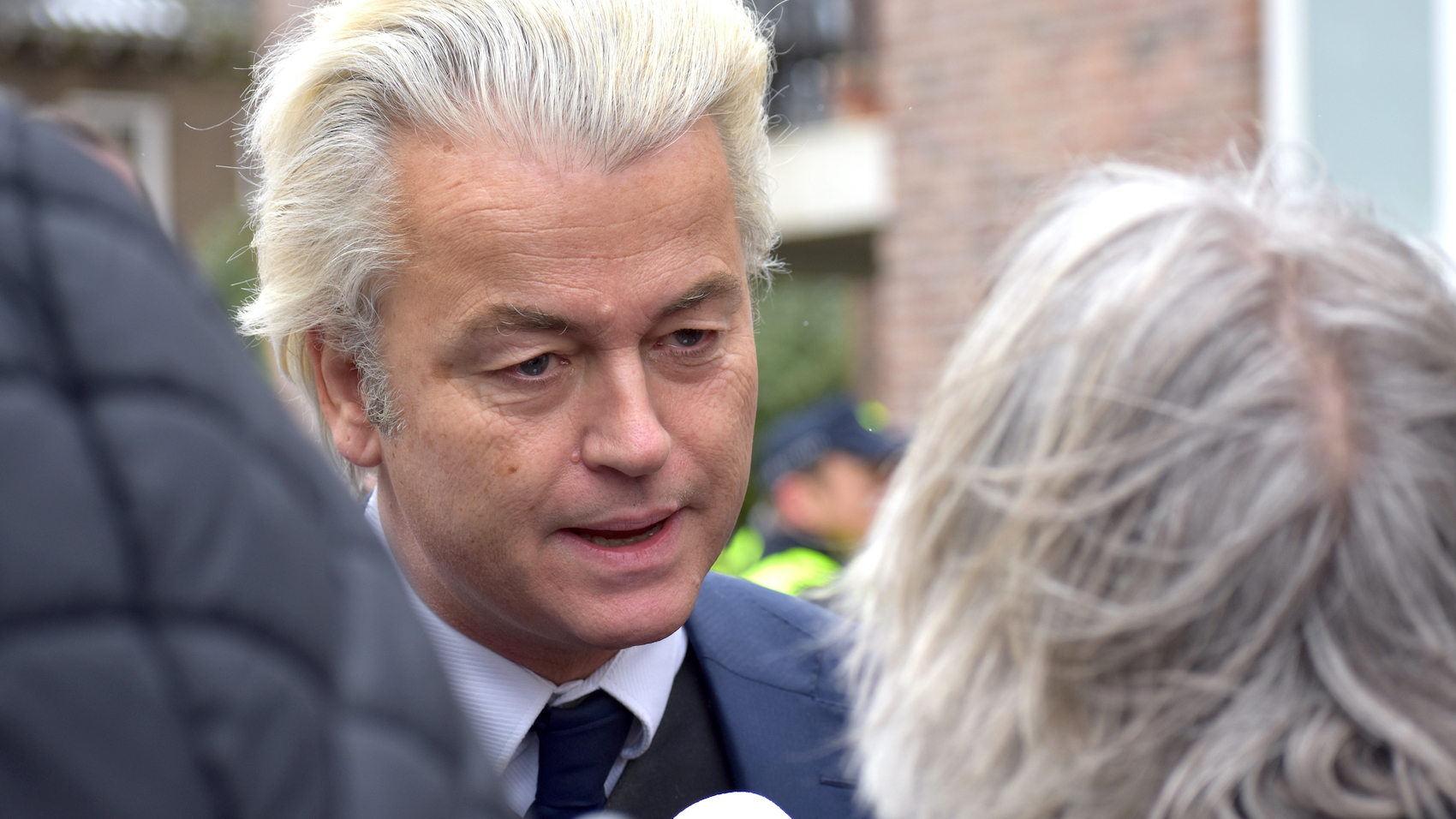As the investigations are ongoing, not much is known of the real threat to democracy that this group posed. Nevertheless, the German authorities did take it very seriously, which could be an indication of the seriousness of the situation. Assessing the group and its coup plan, Jan Philipp Thomeczek underlines the fact that some members of the group had a security background, such as military or police experience, moreover many of them owned weapons and ammunition.
By Kim van Os*
On the 7th of December 2022, German authorities arrested 25 people for plotting to overthrow the German government. The group, called the Patriotic Union, was divided into a ‘Rat’ (Council) and a military branch, ready to take over the various ministerial posts. Their plan was to storm the Reichstag parliament building and seize power, using violence if necessary. The group planned to instate Heinrich XIII, a descendant of German royalty, as the Emperor of Germany. In addition to the arrest of 25 people, the police also seized weapons acquired by the group and Iridium satellite telephones. The latter are special telephones which work even when the electricity network collapses, something the group was also planning to do (Connolly, 2022).
Little is known about the ideology of this Patriotic Union. According to Jan Philipp Thomeczek, an expert on populism and the far-right in Germany, the Patriotic Union is a very heterogeneous group, and it is therefore quite hard to pin it down to a specific ideology. Its members are quite diverse, ranging from former and current soldiers, current and former members of the Alternative for Germany (AfD), a right-wing populist political party in Germany, to the people with an extremist background. In addition, the group does not have a manifesto or program. What however is known, states Thomeczek, is that the Reichsbürger movement had a strong influence within this group. Many of the members of the Patriotic Union came from the Reichsbürger movement, including the previously mentioned Heinrich XIII.
The Reichsbürger (which translates to ‘Citizens of the Reich’), deny the existence of Germany’s post World War II Federal Republic, and do not accept the legality of Germany’s government. According to them, Germany is still controlled by the United States, the United Kingdom and France. In one of their most influential publications, ‘21 Punkte zur tatsächlichen Situation in Deutschland – Analyse & Aufklärung’ (Translation: ‘21 points on the real situation in Germany – analysis & enlightenment’), they state the following: ‘Germany has not been a sovereign state since the end of the Second World War, but rather militarily occupied territory by the Allied forces, above all, as the main victorious power, that of the United States of America’ (21 Punkte…, 2022)
Although all Reichsbürger members share the same belief in that they do not accept the legality of Germany’s government, they do not all have the same ideology. According to the Bundesamt für Verfassungsschutz (BfV), Germany’s domestic intelligence agency, of the 23.000 Reichsbürger in Germany, 5 percent can be classified as far-right extremists. Among them are those with special military training, police agents and members of the military. Although they might not all be classified as far-right, the origins of the group can be traced back to far-right ideology. For instance, the Reichsbürger passport is based on the Reich Citizenship Law of 1935. Under this law, only people of German or related blood were approved for Reich citizenship (Schlegel, 2019). Although this law specifically mentioned Jews as people not eligible for Reich citizenship, the law also excluded Black people and Roma and Sinti for Reich Citizenship (Facing History, 2022).
The use of violence by Reichsbürger is not unknown, in 2016 a member of the group killed a police officer and injured three others (Oltermann, 2016). In 2020, members of the group took part in an attempt to storm the Reichstag during a protest against Covid measurements (The Guardian, 2020). In 2021, the BvF attributed around 1011 extremist crimes to them (Connolly, 2022). In recent years the Reichsbürger movement has grown, in 2016 the BfV estimated the group at 10.000, in 2022 the group was estimated at 23.000 members (DW, 2018; Goldenberg, 2022).
According to Thomeczek, in addition to being influenced by the Reichsbürger movement, the Patriotic Union was also influenced by the QAnon conspiracy theory. The QAnon conspiracy theory dates back to the Protocols of the Elders of Zion (Stanton, 2020). This fabricated antisemitic text was published in 1903 and discusses a Jewish plan of world domination. Although this conspiracy theory has been used throughout the centuries, most famously by Hitler, it resurfaced in the far-right sphere in the US in October 2017 on the internet platform 4chan under the name ‘QAnon’ (Wendling, 2021). QAnon adherents believe the world is controlled by satanic cannibalistic pedophiles and that the former US president Donald Trump was fighting against these people. Violence is not unknown to QAnon believers, many of the people who stormed the Capitol in the US were QAnon adherents (Wendling, 2021). At the same time, Thomeczek explains that the connection to QAnon should be regarded as a secondary feature of the Patriotic Union, as it is a very heterogeneous group.
Thomeczek mentions that both the QAnon conspiracy theory as well as the Reichsbürger movement gained more attention during the Covid-19 pandemic because of their anti-lockdown standpoint. This is not surprising, explains Thomeczek, because if you believe in conspiracy theory about the German state or QAnon, something like a global pandemic really plays into the cards of conspiracy theories. Thomeczek argues that a connecting element between the QAnon conspiracy theory and the anti-covid protests is the so-called ‘protection of the children.’ According to Thomeczek, the rule that made it mandatory for children to wear masks ‘sparked a lot of protests among parents, because they thought it was dangerous for the children.’
Germany’s right-wing populist party AfD also had a strong anti-lockdown standpoint during the pandemic. Moreover, some of the members of the group planning the coup had connections to the AfD. According to Thomeczek, one of the most important AfD related figure in this group is Birgit Malsack-Winkemann, who served as a member of the AfD in the lower house of parliament between 2017 and 2021. Since June 2022 she has been a member of the AfD’s Court of Arbitration. At the same time, however, no official links between the group planning the coup and AfD have been found. On the website, the AfD, published the following sentence with regards to the planned coup: “Like most citizens, we only found out about the case today from the media. We condemn and strongly oppose such efforts. Now we have to wait for the investigation. We have complete trust in the authorities involved and demand a quick and complete clarification.”
The fact that they issued such a short statement is very interesting, according to Thomeczek, they did not even mention the Reichsbürger movement for instance. They are doing the bare minimum to distance themselves from the movement, because if they are somehow connected to the movement it could lead to a prohibition of the party, Thomeczek mentions. However, Thomeczek continues, the short statement shows that the extremism from this group is not a real issue for them, while they do strongly focus on Islamic extremism in their agenda. Thomeczek concludes by saying that, besides the former AfD members being included in the plot, there are no real connections between the AfD and the group organizing the coup.
The AfD, which currently holds 78 seats in the Bundestag, has similar ideology as other right-wing populist parties in Europe such as Euroscepticism and anti-immigration standpoint. They differ in the sense that the AfD came into parliament relatively late in comparison with other right wing populist parties in Europe. Although some right-wing populist parties, such as the DVU and the Republicans, had some regional successes in the 1990s, as soon as they were linked to the national socialist past in some way, the potential to reach national successes died according to Thomeczek. This was the case until the AfD entered the scene.
Thomeczek mentions that the AfD established themselves as a more moderate party but became more radical over the years. In 2013 they almost made it into parliament, back then the party was not extremely right-wing nor extremely populist. In the 2015 and 2016 state elections, the AfD managed to win seats in multiple states. According to Thomeczek, after 2015, the party became much more populist and radical, the party was ‘already somehow established and then radicalized and then it became even more successful, especially in East Germany.’ The presence of the AfD in East Germany seemed to have sucked up the potential for right-wing extremism. Which is interesting according to Thomeczek, because in East Germany there were some ‘right-wing extremist parties such as the National Democratic Party (NPD) in the 1990s and 2000s, and now that the AfD is there. A much more radical AfD, compared to some west German states, completely sucked up this potential for right wing extremism.’ Thomeczek argues that perhaps in the coming years, analysis will show whether AfD is still a populist party or if it has become extremist too and has become closer to parties such as the NPD.
The real threat to democracy that the group organizing the coup posed is hard to tell. As the investigations are ongoing, not much is known of the real threat to democracy that this group posed. Nevertheless, the authorities did take it very seriously, which could be an indication of the seriousness of the situation. Thomeczek says that some members of the group had a security background, such as military or police experience, moreover many of them owned weapons and ammunition. In addition, the group was actively trying to recruit people from the military. Moreover, according to Thomeczek, ‘a quite important detail is that many of those people have the legal right to own a weapon, normally you don’t have that but if you are security force or hunter for example, you have that legal right,’ which indicates that they did not only owned weapons, but they also knew how to use them. Therefore, Thomeczek adds, ‘the potential for violence was definitely very high and if so, much violence is possible, is on the table, then it is definitely a big threat.’ At the same time, according to Thomeczek, it is difficult to tell how advanced the planned coup was, as the group was still working on their plan when it was uncovered.
Although there may not be any clear link between the group planning the coup and the right-wing populist party, populist leaders can influence these types of groups because they often engage with conspiracy theories leading to the undermining of the legitimacy of democracy. Which is what happened in the US when Trump called the election results fraudulent, eventually leading to people storming the capitol and a more recent example of the storming of political buildings in Brasília in Brazil (Sullivan, 2023).
Moreover, the threat of far-right terrorism has been growing in recent years across the globe. According to US Homeland Security ‘white supremacists and other far-right-wing extremists are the most significant domestic terrorism threat facing the United States.’ In that sense, the plotted coup in Germany should be seen as a warning to pay close attention to extremist right-wing movements and the role that right-wing populists might play in this.
(*) Kim van Os is an intern at European Center for Populism Studies (ECPS) with a master’s degree in International Relations. Her main research interests are the relation between populism and far-right radicalization, gender, racism, Islamophobia, and xenophobia.
References
— (2018). “Germany’s far-right Reichsbürger count rises.” DW. April 29, 2018. https://www.dw.com/en/germanys-far-right-reichsbürger-movement-larger-than-earlier-estimated/a-43580603 (accessed on January 11, 2023).
— (2020). “Anti-corona’ extremists try to storm German parliament.” The Guardian. August 29, 2020. https://www.theguardian.com/world/2020/aug/29/berlin-braces-for-anti-coronavirus-protest-against-covid-19-restrictions (accessed on January 11, 2023).
— (2022). “21 Punkte zur tatsächlichen Situation in Deutschland.” https://docplayer.org/44630396-21-punkte-zur-tatsaechlichen-situation-in-deutschland.html (accessed on January 11, 2023).
— (2022). “The Nuremberg Laws.” Facing History & Ourselves. April 28, 2022. https://www.facinghistory.org/resource-library/nuremberg-laws (accessed on January 11, 2023).
— (2022). “Bundesschiedsgericht.” https://web.archive.org/web/20221207081927/https://www.afd.de/partei/bundesschiedsgericht/ (accessed on January 11, 2023)
Connolly, Kate. (2022). “Reichsbürger: the German conspiracy theorists at heart of alleged coup plot.” The Guardian.December 7, 2022. https://www.theguardian.com/world/2022/dec/07/reichsburger-the-german-conspiracy-theorists-at-heart-of-alleged-coup-plot (accessed on January 11, 2023).
Goldenberg, Rina. (2022). “What is Germany’s ‘Reichsbürger’ movement?” DW. December 7, 2022. https://www.dw.com/en/what-is-germanys-reichsbürger-movement/a-36094740 (accessed on January 11, 2023).
Oltermann, Philip. (2016). “Germany fears radicalisation of Reichsbürger movement after police attacks.” The Guardian.October 21, 2016. https://www.theguardian.com/world/2016/oct/21/germany-fears-radicalisation-of-reichsburger-group-after-attacks-on-police (accessed on January 11, 2023).
Schlegel, Linda. (2019). “’Germany does not exist!’: Analyzing the Reichsbürger Movement.” European Eye on Radicalization. May 17, 2019. https://eeradicalization.com/germany-does-not-exist-analyzing-the-reichsburger-movement/ (accessed on January 11, 2023).
Stanton, Gregory. (2020). “QAnon is a Nazi Cult, Rebranded.” Just Security. September 9, 2020. https://www.justsecurity.org/72339/qanon-is-a-nazi-cult-rebranded/ (accessed on January 11, 2023).
Sullivan, Helen. (2023). “Brazil congress attack: what we know so far.” The Guardian.
January 9, 2023. https://www.theguardian.com/world/2023/jan/09/brazil-congress-attack-stormed-invasion-jair-bolsonaro-supporters-what-we-know-so-far (accessed on January 11, 2023).
Wendling, Mike. (2021). “QAnon: What is it and where did it come from?” BBC News. January 6, 2021. https://www.bbc.com/news/53498434 (accessed on January 11, 2023).





